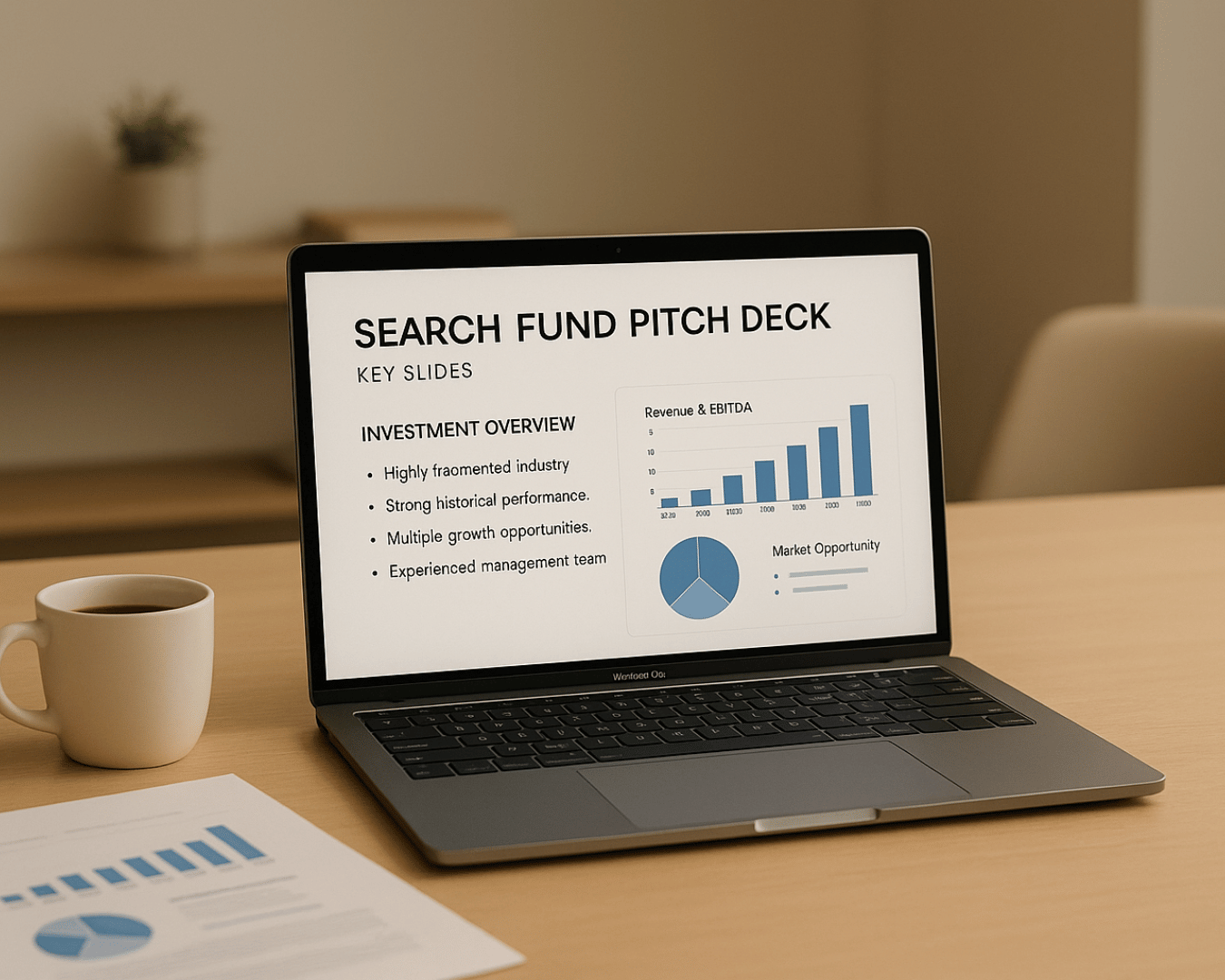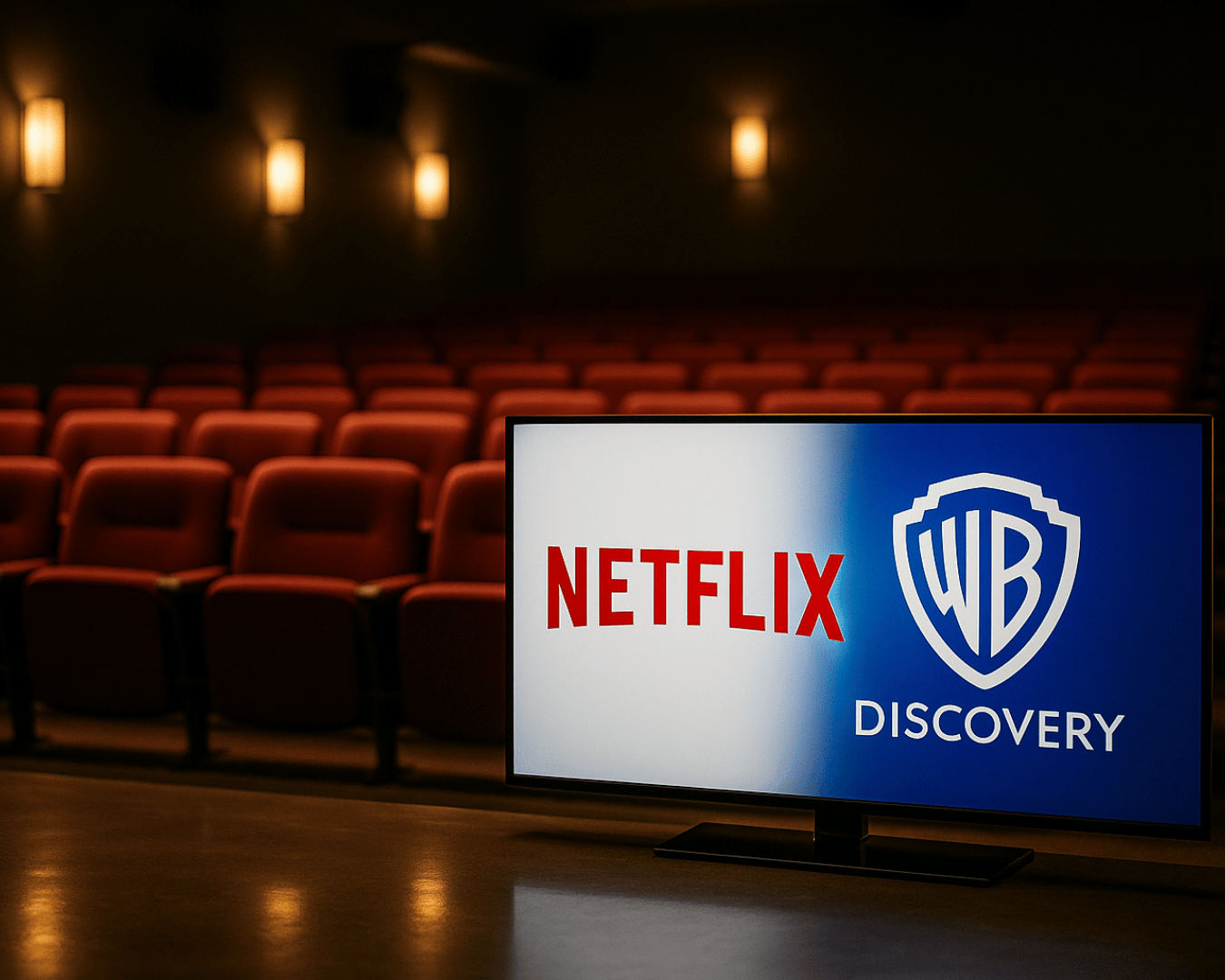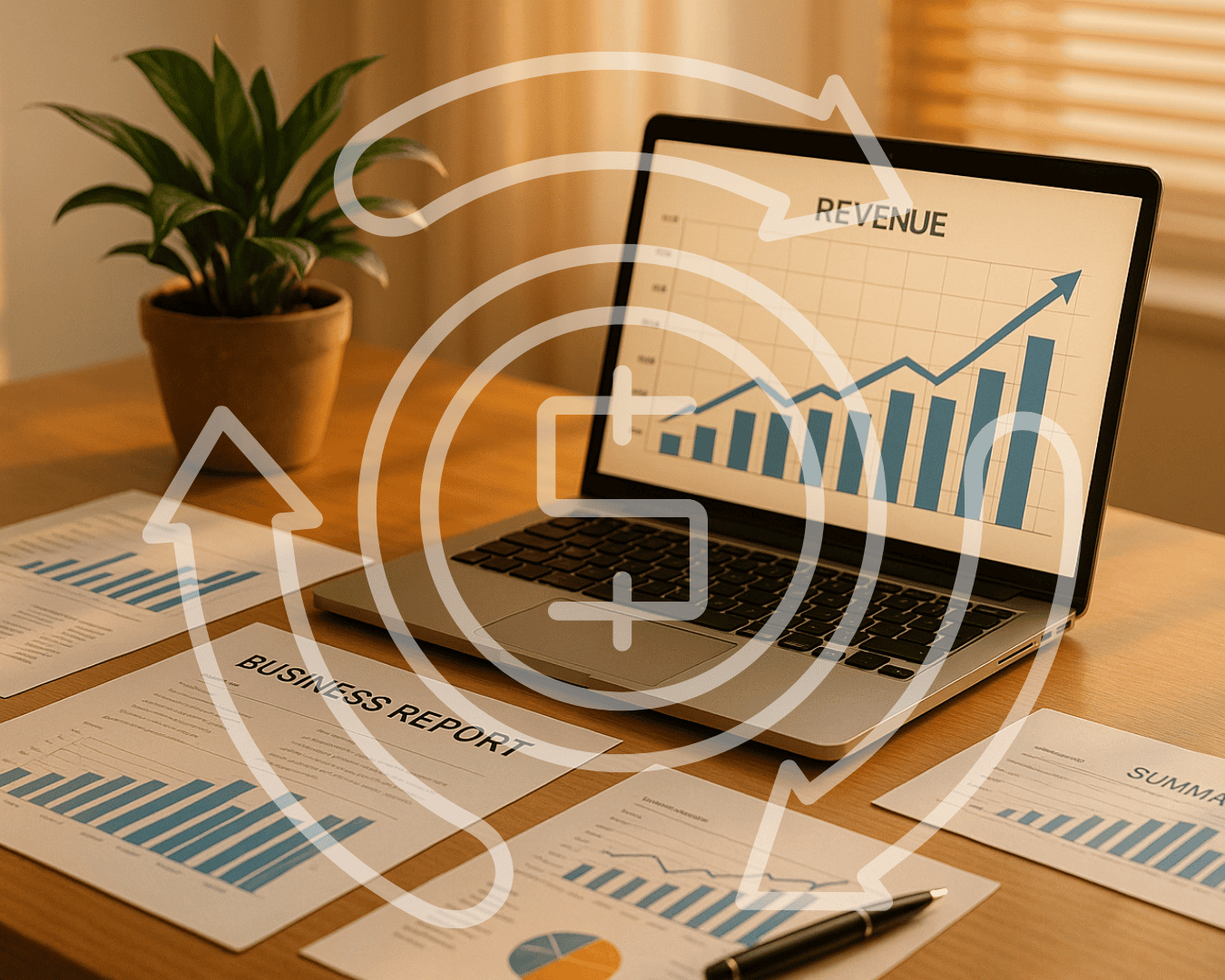Papa John’s International Inc. (NASDAQ:PZZA) has become a focal point in the stock market following a $64 per-share buyout bid from private-equity firm Apollo Global Management (NYSE:APO). This bid values the pizza chain at approximately $3 billion enterprise value, representing a 21% premium over the stock’s closing price of $52.01 on Friday. Notably, this figure also marks a substantial 50% increase from Papa John’s pre-bid valuation of $42.
Apollo’s offer is seen as a validation of the company’s ongoing transformation under CEO Todd Penegor, who has spearheaded a multi-year turnaround since taking the helm in late 2024. While the proposed acquisition has captured headlines, analysts believe the company’s improving fundamentals suggest that its true value may extend well beyond the buyout price.
Financial Resilience Drives Investor Interest
Papa John’s performance in Q2 2025 highlights the company’s operational resilience despite industry challenges. Revenue for the quarter grew by 4.19% year-over-year, reaching $529.17 million, driven by a robust franchising model and consistent consumer demand. However, net income dropped by 22.1% to $9.53 million, reflecting inflationary pressures and increased promotional expenditures. Similarly, earnings per share declined 32.8% to $0.41 due to these one-time costs.
Despite temporary margin pressures, Papa John’s continues to maintain strong cash flow and a lean capital structure. The company reported EBITDA of $48.8 million, down 12.7% from the previous year yet still exceeding pre-pandemic levels. Moreover, its net debt/EBITDA ratio of 2.8×, coupled with $33.5 million in cash reserves and long-term debt maturities extending to 2029 and 2030, underscores its financial stability.
A key contributor to this resilience is the company’s expanding franchising model. Franchising now represents a larger share of total revenue, with the average royalty per franchised store increasing from $8,761 to $8,887, signaling improved profitability for franchisees even amid broader economic uncertainties.
Undervaluation Signals Room for Growth
Analysts point to several valuation metrics that suggest Papa John’s remains undervalued. The company’s price-to-sales ratio of 0.71× stands in stark contrast to its five-year historical average of 1.37×, indicating a 48% discount to fair value. Using this multiple, the company’s intrinsic value could be as high as $80 per share.
On an EV/EBITDA basis, Papa John’s is trading at 10.5×, which is below both the sector average of 12× and historical transaction multiples of 11× to 11.5×. Based on FY 2025 EBITDA guidance of $200 million to $220 million, the company’s fair value is estimated to fall within the range of $60 to $72 per share, excluding the takeover premium.
Dividend appeal further enhances Papa John’s investment case. The company offers an annualized dividend of $1.84 per share (3.54% yield), underpinned by consistent cash flow and prudent financial management.
Consumer Sentiment and Brand Strength Support Long-Term Potential
Beyond financial metrics, Papa John’s strong brand equity is bolstering its turnaround narrative. The company’s American Customer Satisfaction Index (ACSI) score of 79 ties it with Pizza Hut as the highest-ranking U.S. pizza chain and places it ahead of competitors Domino’s (78) and Little Caesars (77).
CEO Todd Penegor’s "Five Pillars Strategy" has been instrumental in reinvigorating the brand. This strategy, which emphasizes premium ingredients, enhanced loyalty programs, pricing flexibility, and franchise profitability, has helped reshape consumer perception and increase engagement with the company’s revamped Papa Rewards program.
Franchised units have continued to report system-wide sales growth despite cost pressures. Additionally, the company’s move to convert more international outlets to a franchised model has reduced capital intensity while improving operating margins.
Apollo’s Bid: A Starting Point for Negotiations?
Apollo’s $64-per-share offer implies an EV/EBITDA multiple of ~11.3× FY 2024, slightly above the 10.9× average for restaurant M&A deals since 2010. However, analysts argue that this modest premium may underestimate the company’s future growth potential.
"Apollo’s prior restaurant acquisitions - including CKE Restaurants, Qdoba, and CEC Entertainment - averaged 7.7× EBITDA, significantly below the PZZA offer. This highlights the higher quality earnings and scalability of Papa John’s", the report notes.
Investors are now weighing two potential paths: accept Apollo’s cash bid for an immediate 21% gain, or reject the offer and hold out for a potential re-rating. Analysts suggest that the latter option could yield a share price of $80–$85 within three years, assuming continued earnings recovery and a return to historical valuation multiples.
Technical and Financial Indicators Point to Upside
From a technical perspective, Papa John’s stock appears to be in an accumulation phase. The stock has declined 20% since June, briefly falling below key moving averages, including its 50-day and 200-day simple moving averages (SMAs). However, its Relative Strength Index (RSI) of 41 indicates oversold conditions, while early signs of a MACD histogram reversal suggest upward momentum.
Support is solid near $49, where buyers have consistently stepped in, while a breakout above $53.50 could drive short-term gains toward $58. Major resistance levels are expected around the $60–$62 range.
Despite a negative book value (-$415.9 million), Papa John’s balance sheet remains robust. The company’s senior notes and credit facilities, maturing in 2029 and 2030, limit near-term refinancing risks. Additionally, operating cash flows comfortably cover both capital expenditures and dividends, highlighting its defensive appeal.
Conclusion: A Win-Win Opportunity
Whether or not the Apollo deal goes through, Papa John’s offers investors a promising outlook. At its current price of $52.01, the stock reflects minimal premium for a business that has demonstrated steady growth, improved margins, and enduring brand strength. This leaves shareholders with what analysts describe as a "binary win": either a cash exit at $64 or a chance to capture additional upside as the company’s turnaround gains traction.
With the potential for a share price climb toward $70–$80, Papa John’s remains a compelling investment opportunity in the quick-service restaurant sector. As one analyst aptly summarized, "Whether the Apollo deal closes or not, Papa John’s represents value."




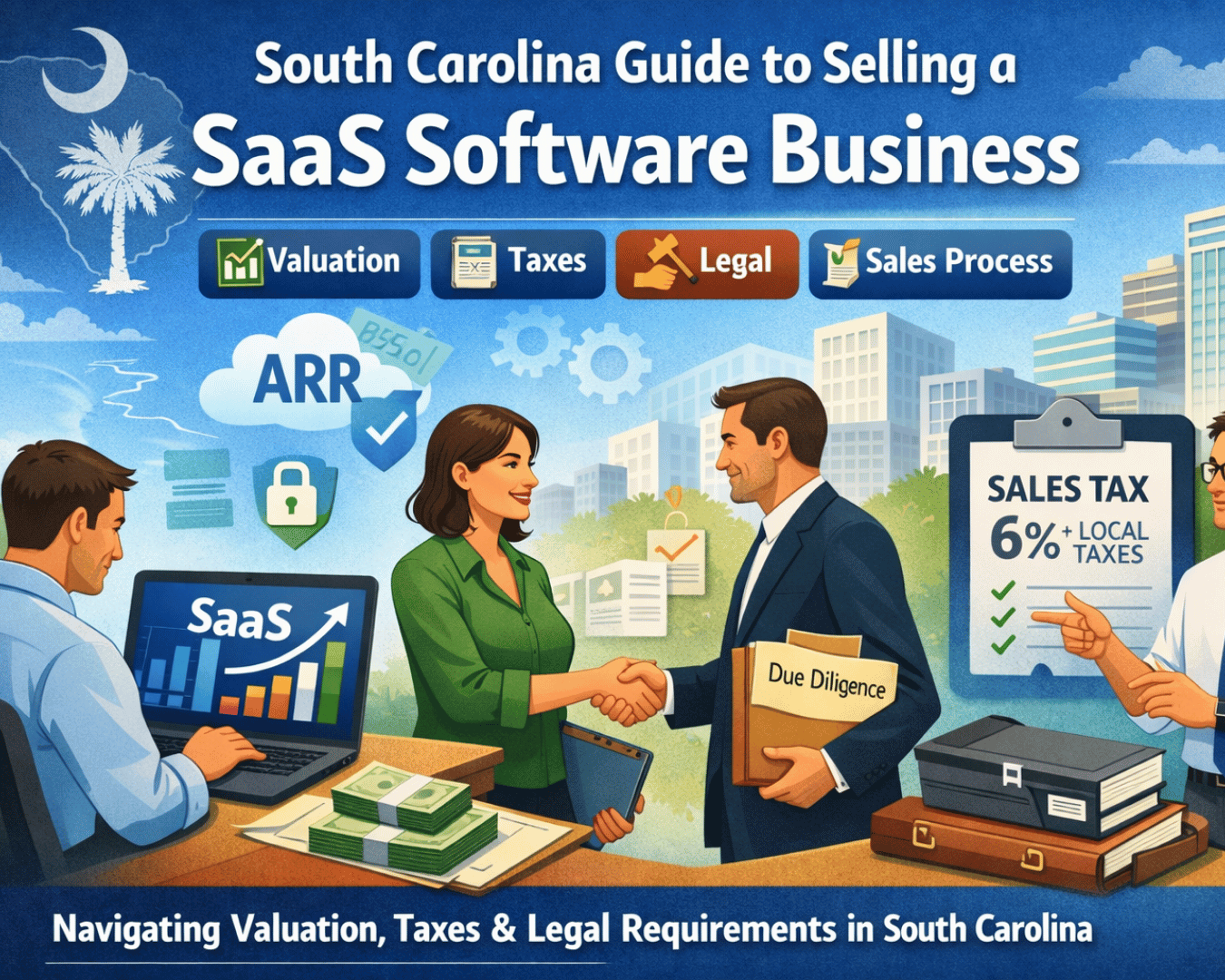







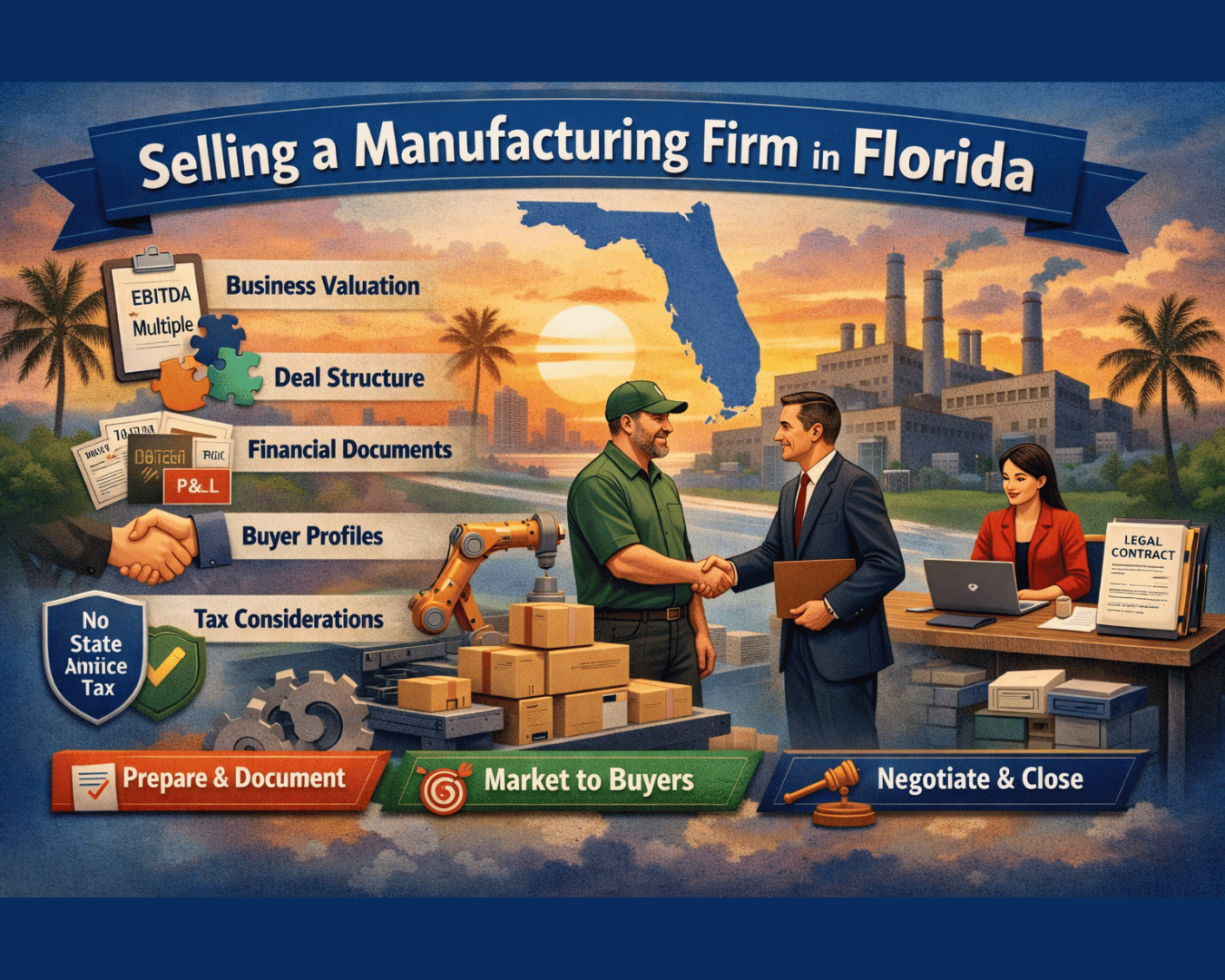
%20in%20a%20%2420M%20Sale..png)
%20vs.%20Conventional%20Loans%20for%20business%20acquisition.png)






















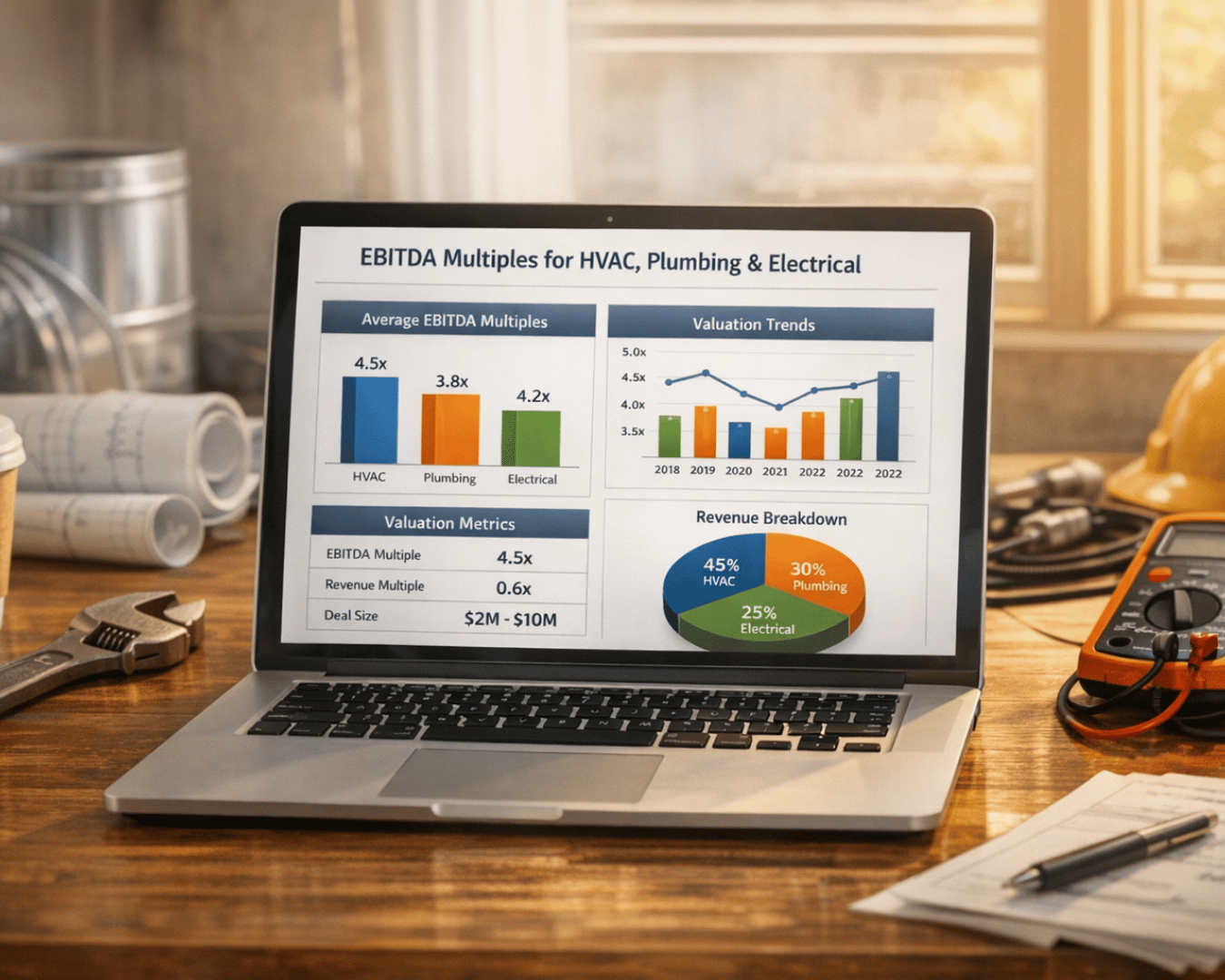
.png)


.png)
.png)

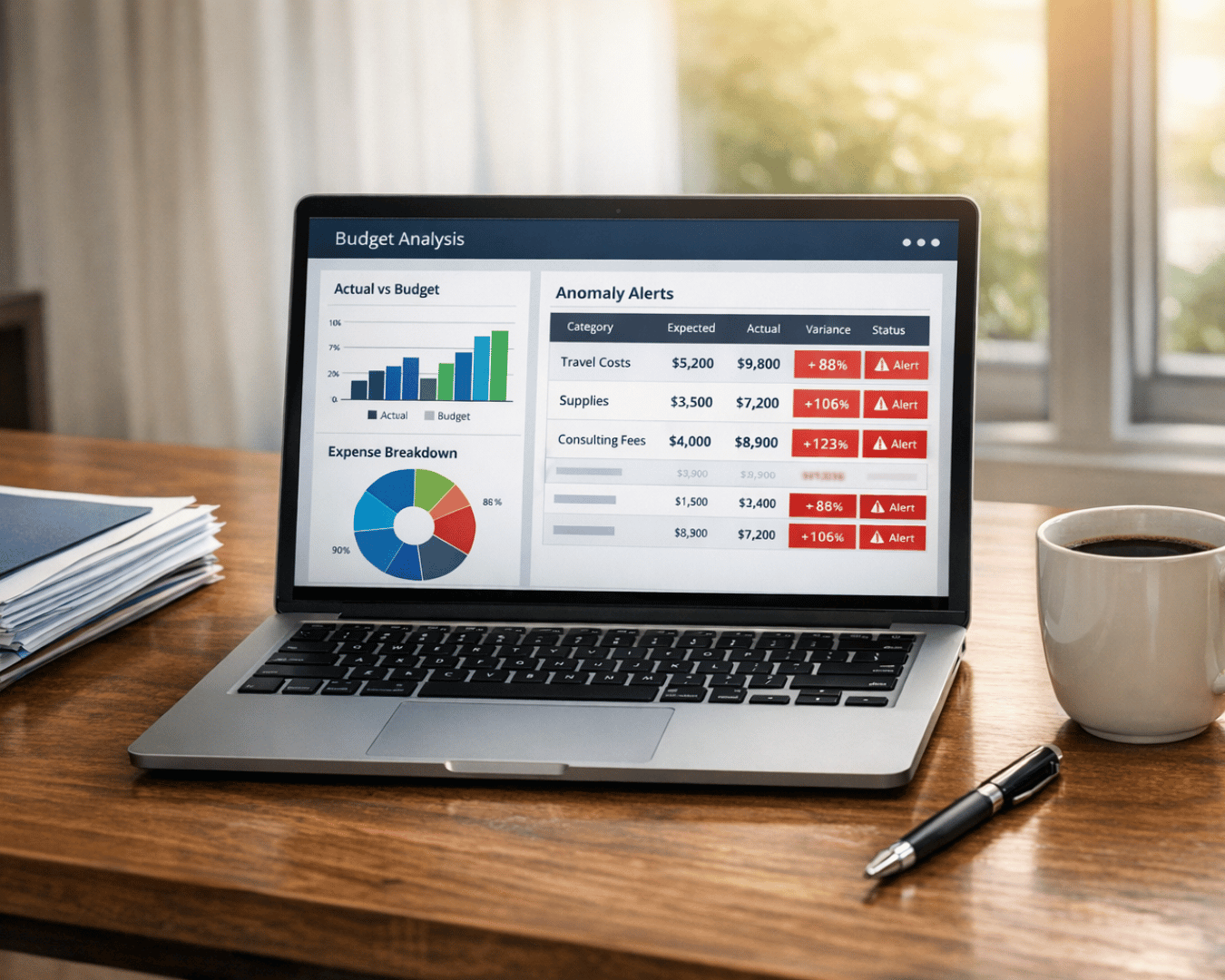





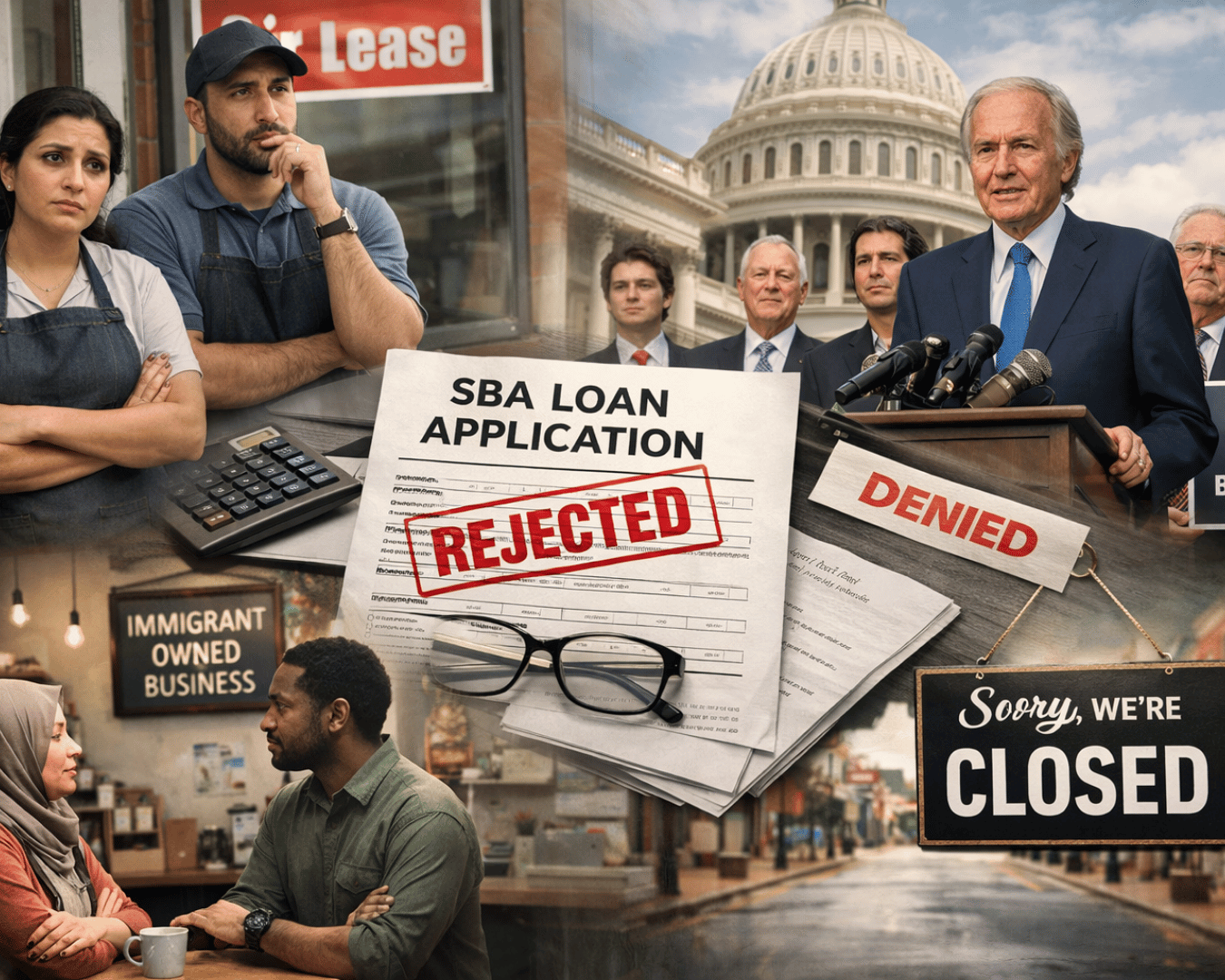
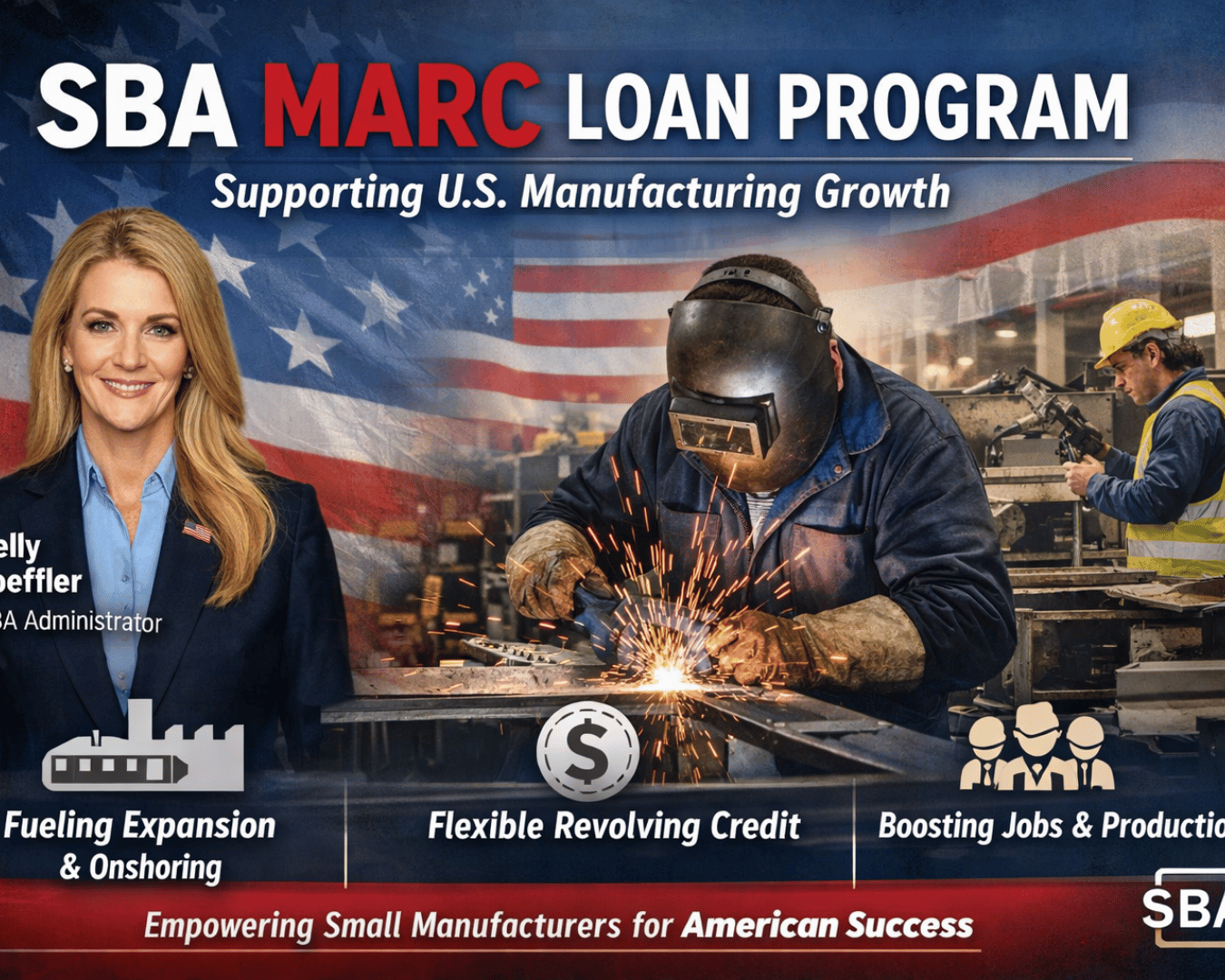
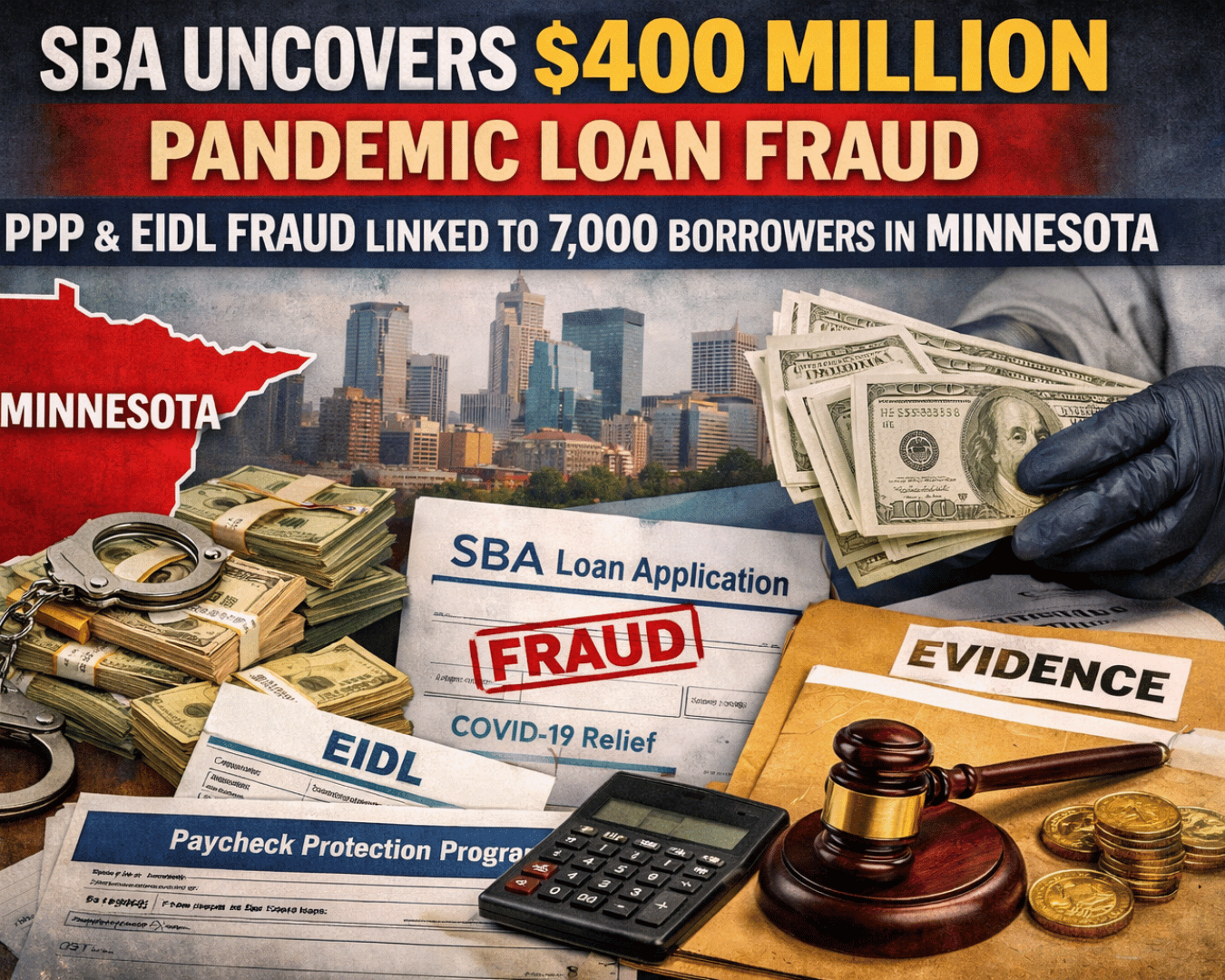


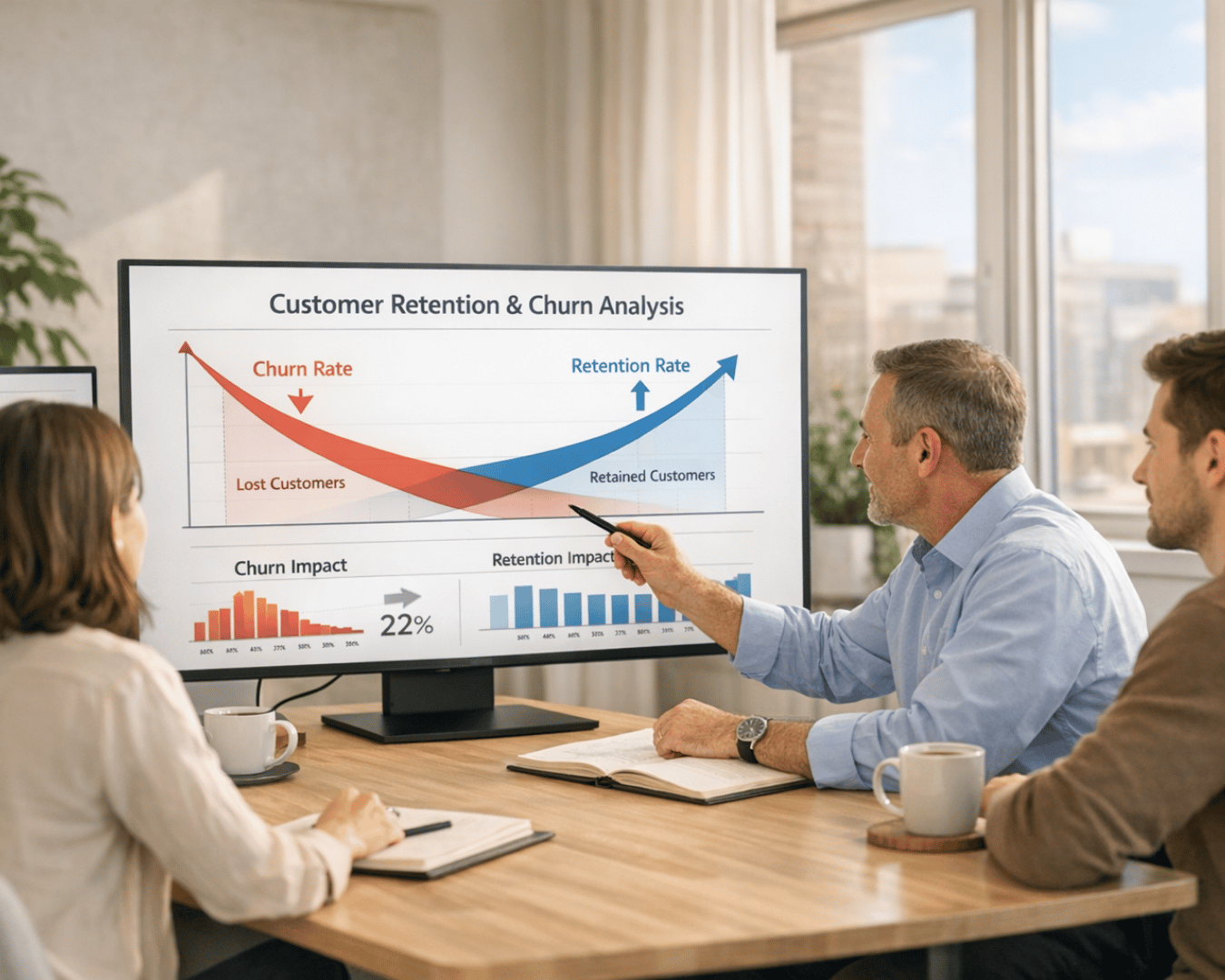

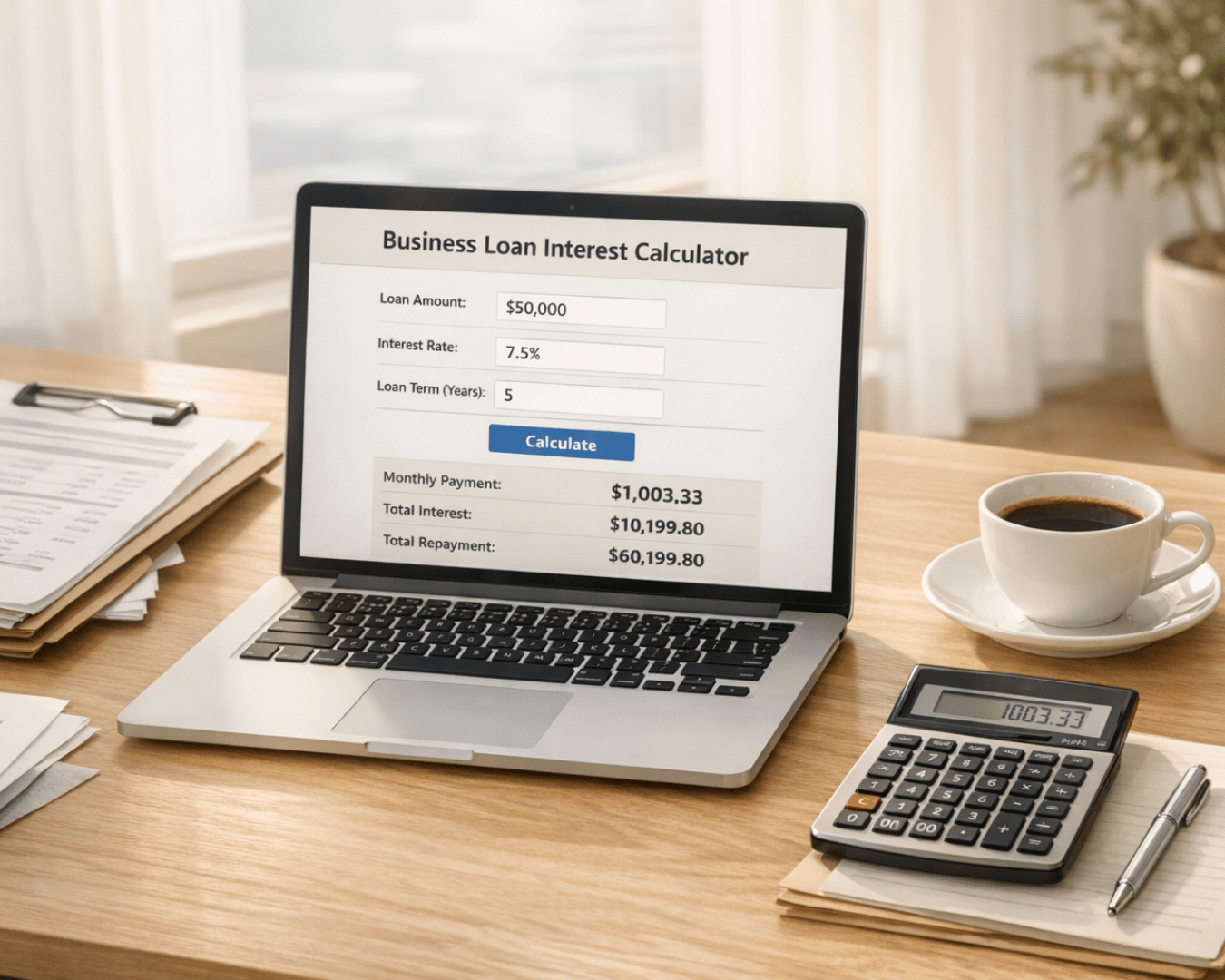










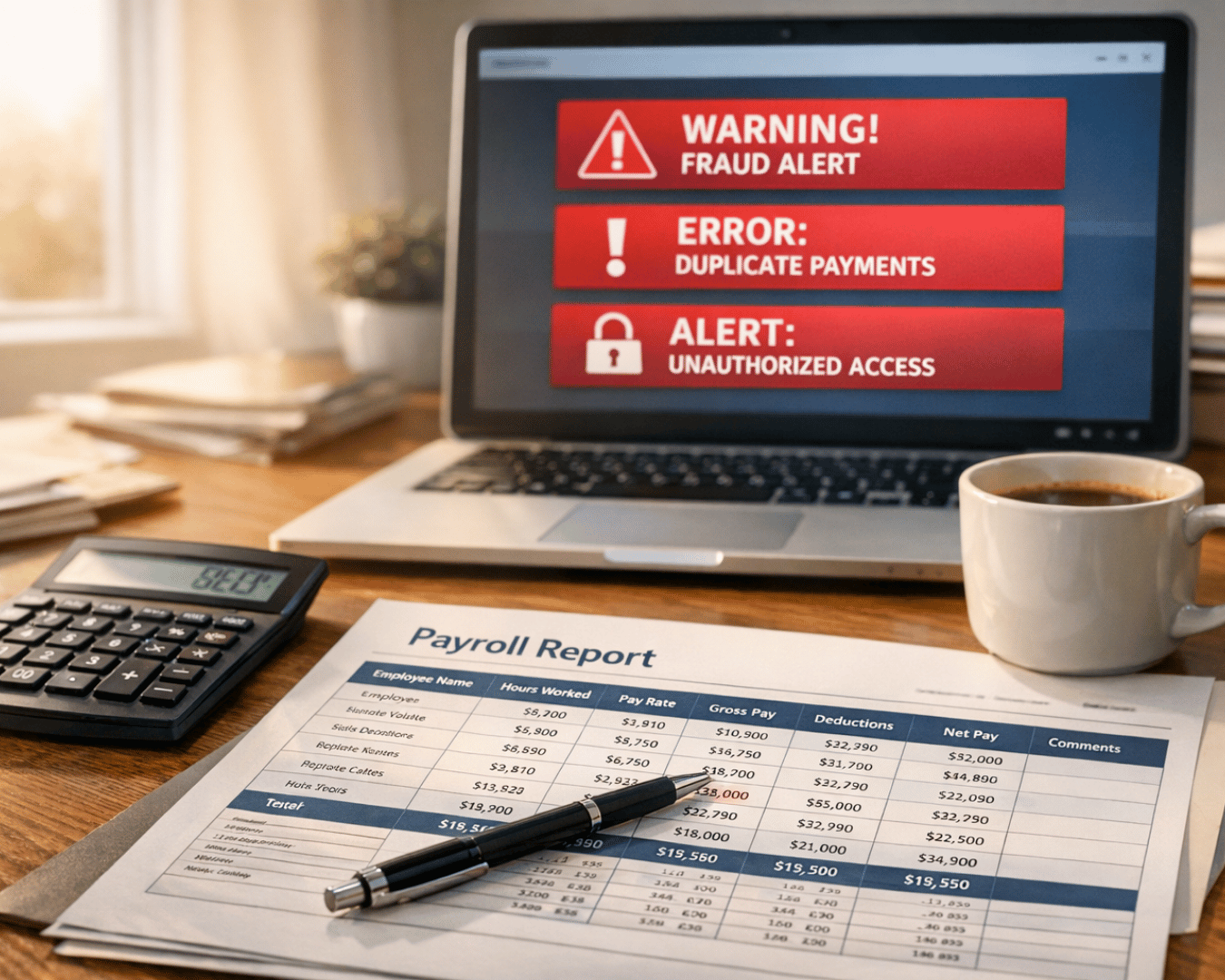


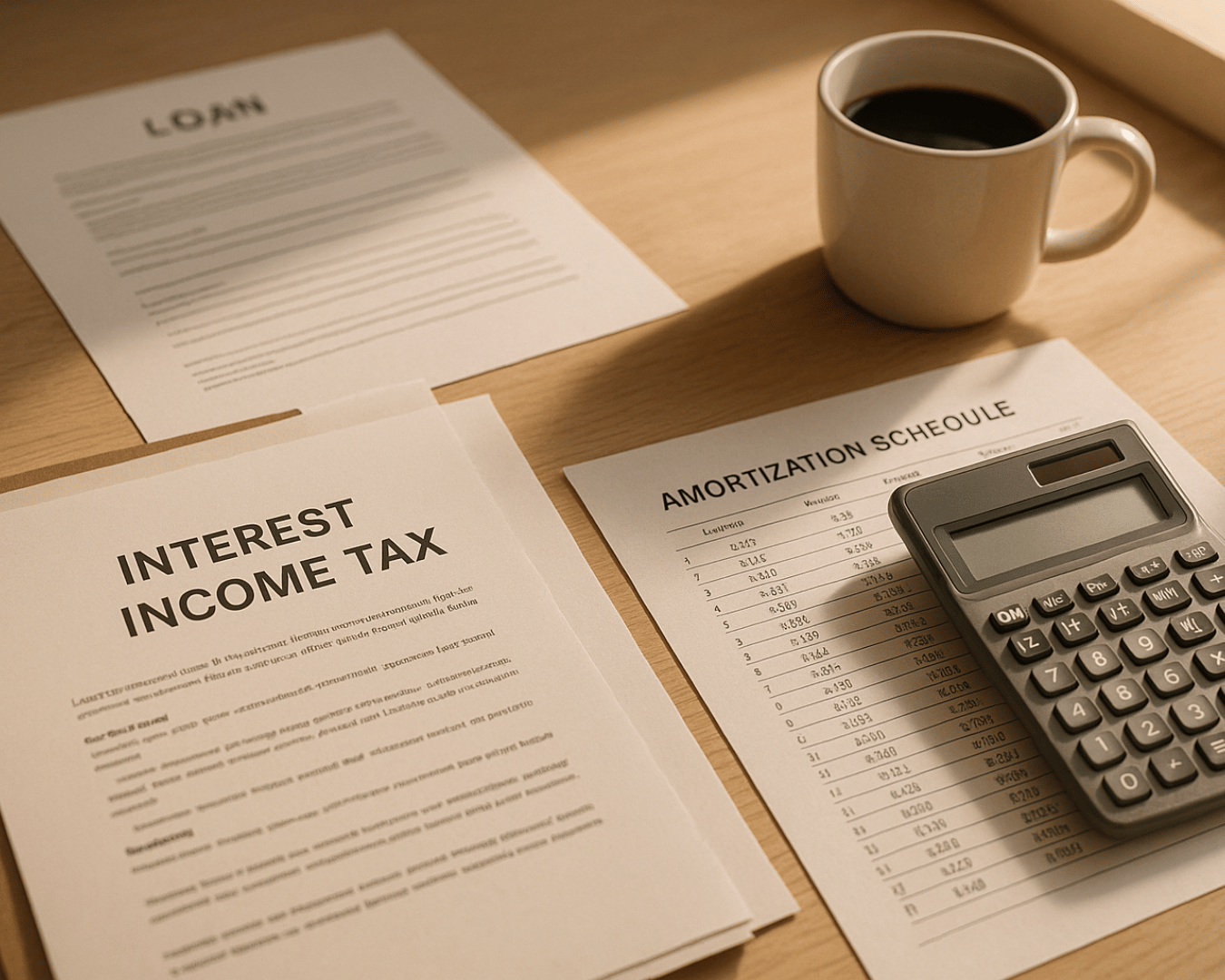



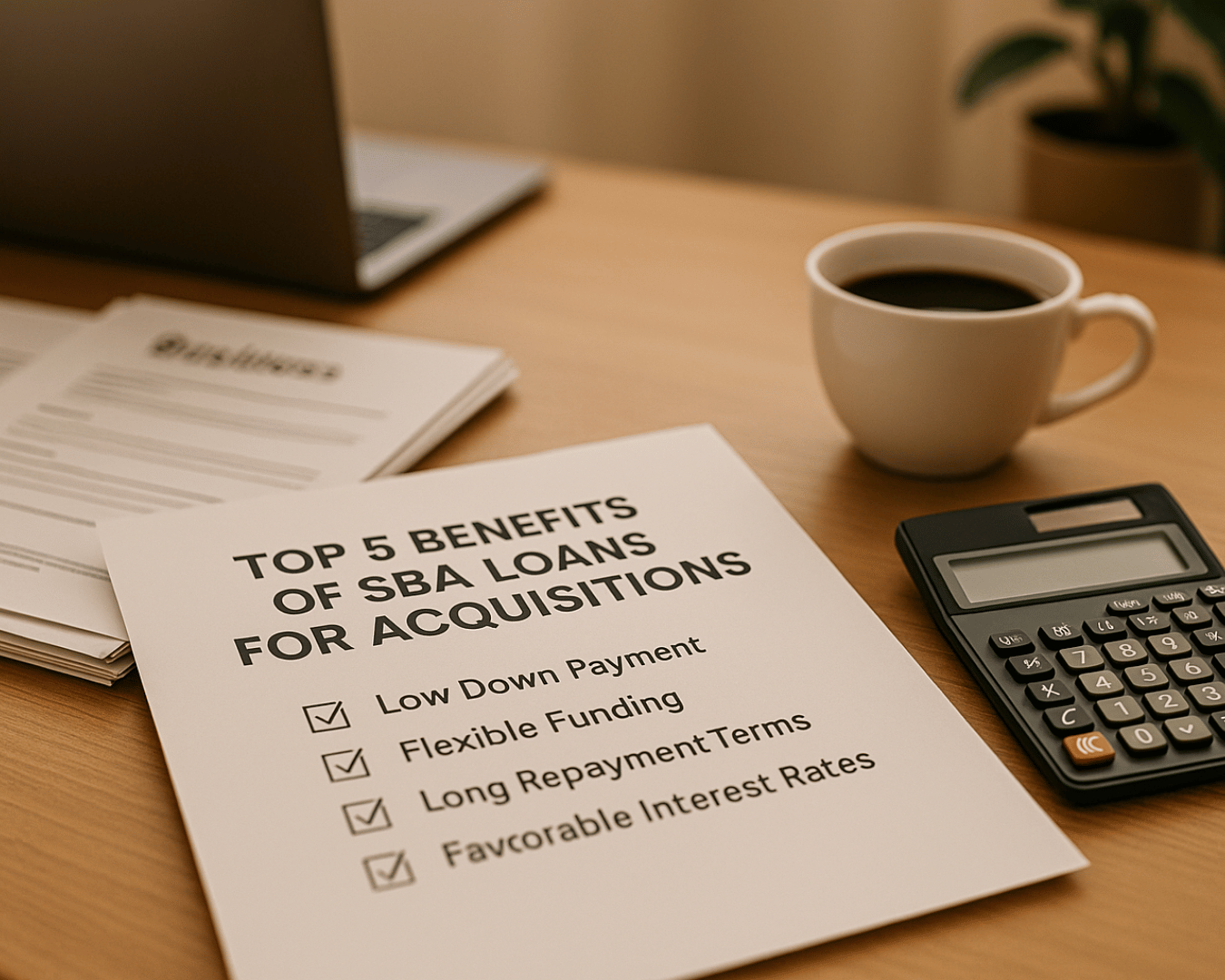

.png)
